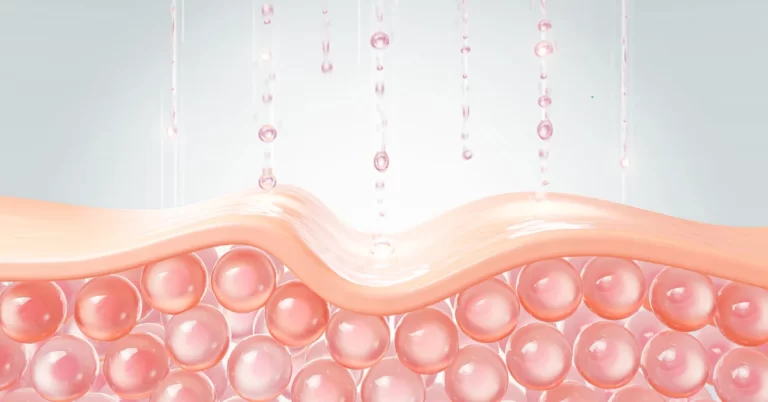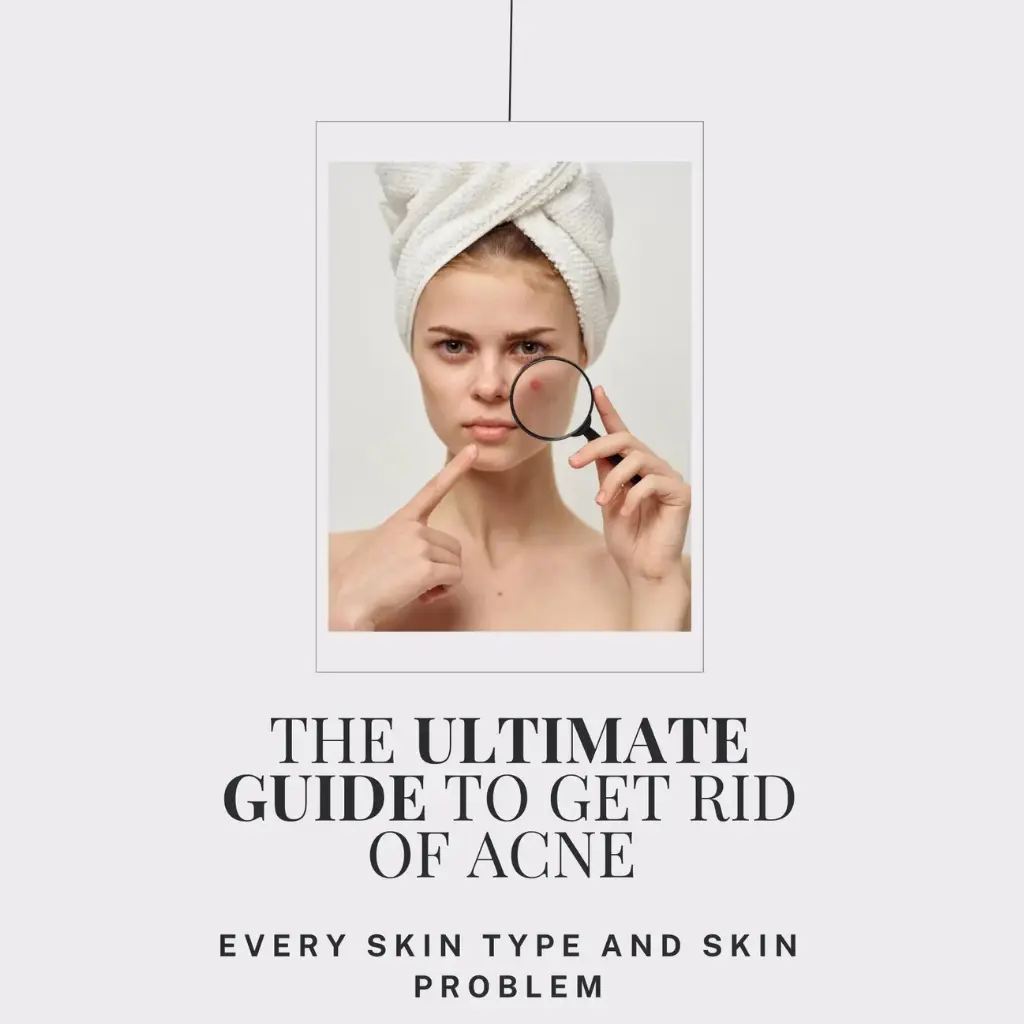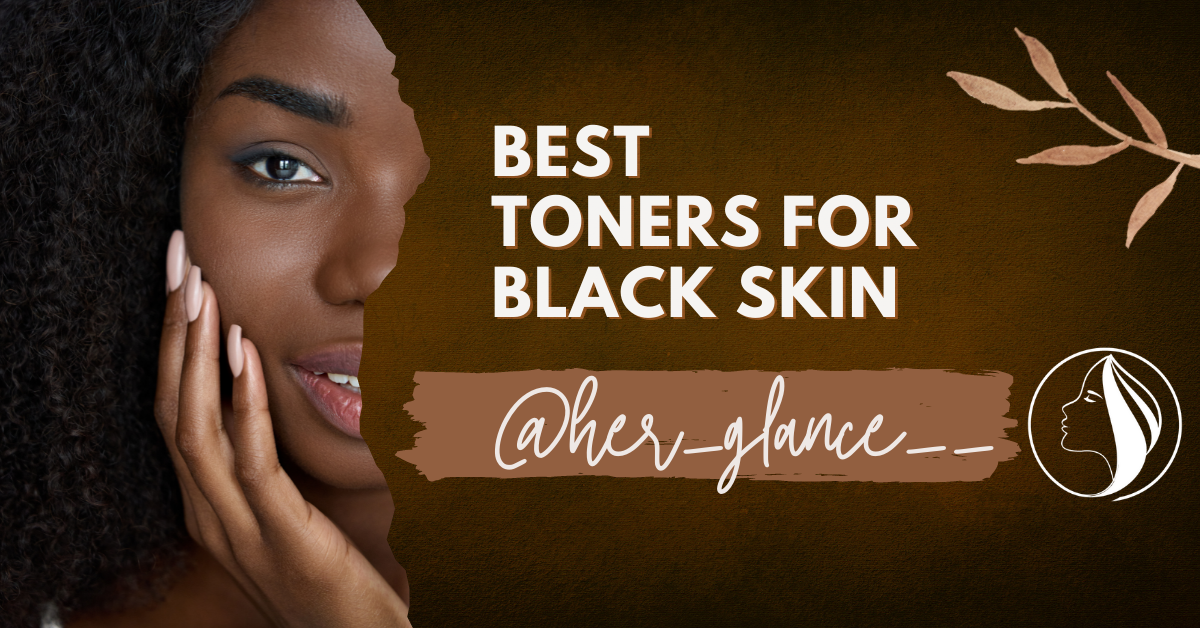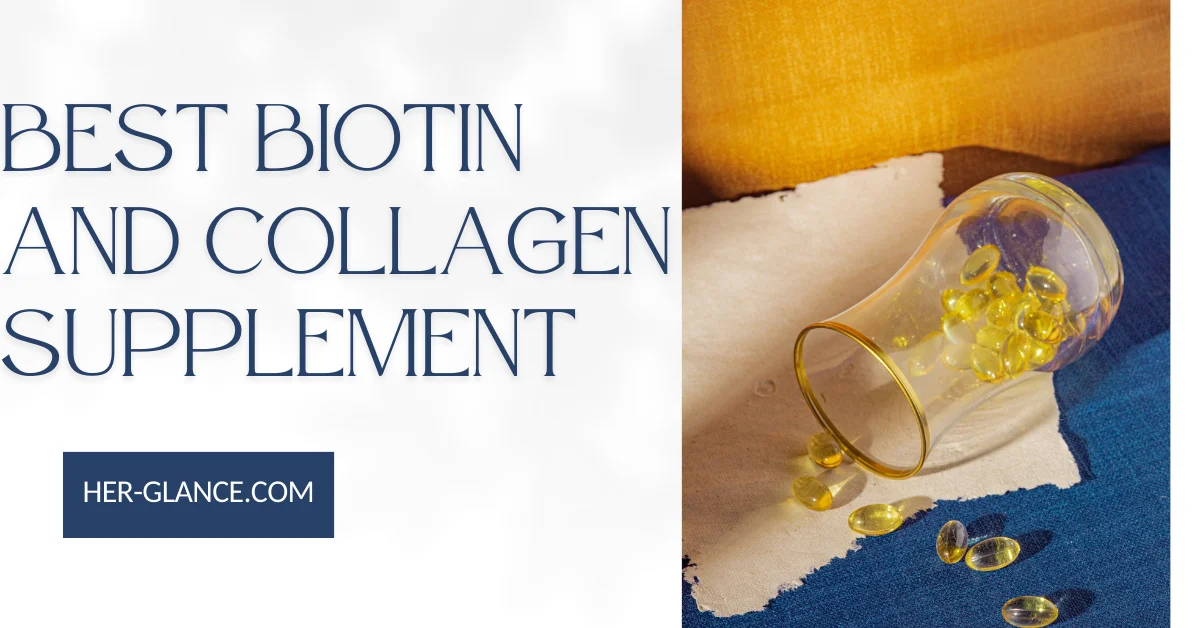How Much Collagen For Skin
Understanding the appropriate collagen dosage for skin health is crucial. This protein plays a vital role in maintaining skin elasticity and combating aging signs. However, several factors, including dietary intake, lifestyle, and topical treatments, can influence collagen production. This article aims to elucidate the science behind collagen, its role in skin aging, various types, and methods to enhance collagen levels effectively.

- Why Is Right Dosage Of Collagen So Important
- The Science Behind Collagen and Skin Aging
- Different Types of Collagen and Their Effects on Skin
- How the Body Produces Collagen
- Factors Affecting Collagen Production in the Skin
- How Much Collagen Your Skin Needs at Different Ages
- Signs of Collagen Deficiency in Skin
- Benefits of Adequate Collagen for Skin
- Collagen-Rich Foods for Healthy Skin
- Collagen Supplements: Are They Worth It
- Topical Collagen Products: How Effective Are They
- Lifestyle Changes to Boost Collagen Production
- Conclusion
Why Is Right Dosage Of Collagen So Important
Understanding the correct dosage of collagen is essential because it plays a crucial role in ensuring the efficacy and safety of this common supplement for skin health. Collagen, a protein found abundantly in the human body, is responsible for maintaining the integrity and elasticity of the skin, among other functions. As the body ages, natural collagen production declines, which can lead to skin aging characterized by wrinkles and loss of firmness. This has led to the widespread use of collagen supplements to counteract these effects.
The recommended dosage of collagen varies depending on several factors, including the individual’s age, health status, and desired outcomes. Most clinical studies have administered doses ranging from 2.5 g to 10 g per day. However, these dosages are not universal and should be adjusted based on individual needs and responses.
Overconsumption of collagen can lead to potential side effects such as digestive discomfort and hypersensitivity reactions. Hence, it is advisable to start with smaller doses and gradually increase if well-tolerated and as per the health professional’s advice.
Moreover, the bioavailability of collagen, which refers to the proportion of ingested collagen that is absorbed and used by the body, is also a crucial factor to consider. Some forms of collagen have higher bioavailability than others, which can influence the dosage required to achieve the desired skin health benefits.
The Science Behind Collagen and Skin Aging
Remarkably, the science behind collagen and skin aging is a complex field of study, and yet it has significant implications for our understanding of skin health and anti-aging strategies. Collagen, a key structural protein in our bodies, is crucial in maintaining skin elasticity and resilience. With advancing age, the natural production of collagen in the skin diminishes, leading to signs of aging such as wrinkles and sagging.
Detailed scientific research reveals that this process is due to the intrinsic aging process, characterized by a decline in the synthesis of type I collagen, the most abundant type of collagen in the skin. Extrinsic factors, such as ultraviolet (UV) radiation, can also exacerbate skin aging by inducing collagen degradation and inhibiting new collagen synthesis.
From a molecular perspective, collagen fibrils, comprised of triple helix collagen molecules, give skin its firmness. A decrease in collagen formation, coupled with an increase in collagen breakdown, leads to a net loss of collagen content in the skin. This imbalance is primarily driven by an increase in matrix metalloproteinases (MMPs), enzymes that degrade collagen, and a decrease in their inhibitors.
Anti-aging strategies often revolve around enhancing collagen synthesis and inhibiting its breakdown. Topical application of retinoids and peptides, oral intake of collagen supplements, and treatments like laser therapy have been used with varying degrees of success.
Understanding the intricate science of collagen and skin aging is integral to developing effective strategies for skin health maintenance and the mitigation of aging signs. As knowledge in this area continues to expand, so do our prospects for healthier, more youthful skin.
Different Types of Collagen and Their Effects on Skin
The various types of collagen, each possessing unique properties, have distinct impacts on the skin’s health and appearance. Collagen, the most abundant protein in the human body, serves as a critical structural component of our skin. It provides a framework for strength and elasticity, contributing to a youthful and healthy appearance. However, not all collagens are created equal. Several types, including types I, II, III, and IV, are particularly relevant to skin health.
To understand the significance of these types, let’s delve into their unique effects:
- Type I: Making up 90% of your body’s collagen, this type supports skin by maintaining elasticity and promoting overall healthy skin.
- Type II: Primarily found in cartilage, it indirectly supports skin health by promoting joint health and mobility, which is essential for overall wellbeing.
- Type III: Often found alongside type I, it aids in maintaining skin elasticity and firmness, and is especially abundant in youthful skin.
- Type IV: This type contributes to skin health by aiding in filtration and providing a foundation upon which other types of collagen can function optimally.
As we age, our body’s natural collagen production declines. This decrease, coupled with environmental factors such as sun exposure and smoking, contributes to signs of aging like wrinkles and sagging skin. Understanding the roles of different collagen types helps in formulating effective skincare routines and products. It’s essential to consider these types when choosing collagen supplements or skincare products to ensure they target your specific skin concerns.
How the Body Produces Collagen
Collagen synthesis in the human body is a complex process that involves several steps, beginning with the production of procollagen in cells known as fibroblasts. These cells utilize the amino acids glycine and proline as primary building blocks to produce the triple-helix structure of procollagen. Vitamin C plays an essential role in this process, acting as a cofactor for the enzymes prolyl hydroxylase and lysyl hydroxylase that stabilize the triple-helix structure by hydroxylating proline and lysine residues.
Subsequent to the formation of the procollagen molecule, it is transported to the Golgi apparatus, where it undergoes further modification and is packaged into secretory vesicles. These vesicles then transport the procollagen to the extracellular space, where it is enzymatically cleaved at both ends to form tropocollagen. The tropocollagen molecules spontaneously assemble into staggered fibrils, which are then cross-linked by the enzyme lysyl oxidase, creating the mature collagen fibers. This cross-linking process is crucial for the tensile strength and stability of the collagen fibers.
Collagen production is regulated by various factors, including age, nutrition, and exposure to ultraviolet radiation. As we age, fibroblast activity decreases, leading to reduced collagen production. Nutritional deficiencies, particularly of vitamin C, can also inhibit collagen synthesis. Thus, maintaining a healthy diet and protecting the skin from sun damage are vital for optimal collagen production.
Factors Affecting Collagen Production in the Skin
While intrinsic aging and sun exposure are commonly known factors that reduce collagen production in the skin, it is also crucial to note that poor nutrition and certain lifestyle habits such as smoking can significantly impair the skin’s ability to produce this essential protein.
Collagen, the structural protein, is responsible for maintaining skin elasticity and strength. Its production, however, is influenced by various factors both internal and external. Apart from aging and sun exposure, some of the less emphasized but equally important factors include:
- Poor Nutrition: Consuming a balanced diet rich in antioxidants, amino acids and vitamins can enhance collagen production. Conversely, diets high in sugar and processed foods can accelerate collagen degradation.
- Smoking: Nicotine in cigarettes affects the skin by constricting blood vessels and reducing nutrient supply, thus impairing collagen synthesis.
- Alcohol: Excessive alcohol consumption can lead to dehydration and inflammation, both of which are harmful to collagen production.
- Sleep Deprivation: Lack of sleep can lead to increased cortisol levels, a hormone that breaks down collagen.
- Stress: Chronic stress impacts collagen production by elevating cortisol levels, leading to collagen breakdown.
Understanding these factors is crucial for anyone seeking to maintain a youthful appearance and healthy skin. By modifying certain lifestyle habits and adopting healthier dietary choices, one can significantly improve their skin’s collagen production. It is important to remember that while we cannot completely stop the natural process of aging and collagen reduction, we can slow it down by taking care of our skin and overall health.
How Much Collagen Your Skin Needs at Different Ages
To maintain optimal skin health, it’s important to figure out how much collagen your skin requires at various stages of life. Collagen, a crucial protein, maintains skin elasticity and strength. However, the body’s ability to produce collagen decreases as we age, necessitating external support.
From birth to your early twenties, your body is in an anabolic state, implying that it generates more collagen than it breaks down. This stage requires minimal external collagen supplementation. However, it’s crucial to maintain a healthy diet, rich in Vitamin C, E, and A, which are essential for collagen production.
In your late twenties and thirties, collagen production starts declining. This is when signs of aging like fine lines and wrinkles begin to appear. It’s recommended to introduce collagen supplements into your diet at this stage. A daily dose of around 2.5-5 grams is considered sufficient.
As you reach your forties and fifties, collagen depletion becomes more prominent, resulting in deeper wrinkles and loss of skin firmness. Higher doses of collagen, approximately 5-10 grams daily, are typically recommended to combat these effects.
For individuals over sixty, collagen production is significantly reduced. This age group may require up to 10-15 grams of collagen daily to maintain skin health.
It’s important to remember that these are general guidelines, and individual needs may vary based on lifestyle, genetics, and overall health. As always, it’s advisable to consult a healthcare provider before starting any supplement regimen. Ultimately, understanding your skin’s collagen needs at different life stages is key to maintaining its health and vitality.
Signs of Collagen Deficiency in Skin

One’s skin texture and elasticity can significantly change, indicating a deficiency in collagen levels. Collagen is a vital protein that provides the structural support for the skin, maintaining its suppleness and resilience. A lack of collagen not only affects the skin’s appearance but also its ability to repair itself, thereby accelerating the aging process at a cellular level.
The following are some telltale signs of collagen deficiency:
- Increased wrinkles and fine lines: As collagen production diminishes, the skin loses its elasticity, leading to the formation of wrinkles and fine lines.
- Dull and lifeless skin: Collagen helps in maintaining the skin’s vibrancy. A deficiency can result in a dull, lifeless complexion.
- Sagging skin: Collagen provides firmness to the skin. Without it, the skin may appear saggy and lose its youthful bounce.
- Dry skin: Collagen aids in retaining moisture in the skin. A deficiency can lead to chronic dryness, causing the skin to flake and itch.
Uneven skin tone: Inadequate collagen levels can affect the skin’s ability to regenerate and repair itself, leading to an uneven skin tone.
Understanding these signs is crucial in developing effective skincare strategies. Boosting collagen intake through diet, supplements, or topical products can help restore the skin’s health and vitality. However, it’s best to consult with a dermatology expert to determine the most suitable approach for individual skincare needs.
Benefits of Adequate Collagen for Skin
Adequate collagen levels in the skin, a critical protein, can contribute to improved elasticity, reduced wrinkles, and a vibrant complexion. Comprising approximately 75-80% of the skin’s dry weight, collagen is essential for maintaining the structural integrity of the dermis, the skin’s second layer. It forms a fibrous network that supports growth of new cells and blood vessels.
When collagen is in sufficient supply, it aids in skin hydration, resulting in a smooth, firm, and plump appearance. It strengthens blood vessels and improves circulation, thereby enhancing skin tone. Furthermore, it promotes cell renewal and wound healing, leading to healthier skin over time.
Collagen’s role in reducing wrinkles is primarily due to its ability to retain moisture and promote elasticity. This protein is responsible for the skin’s ‘bounce back’ quality, which becomes increasingly crucial as the skin ages and loses its natural ability to repair itself. The decrease in collagen production with age is a primary factor in the formation of fine lines and wrinkles.
The antioxidant properties of collagen contribute to its role in promoting a vibrant complexion. It fights free radicals, unstable molecules that damage collagen, leading to skin dryness, fine lines and wrinkles. By curbing the impact of these harmful molecules, collagen helps maintain the skin’s youthful appearance.
Collagen-Rich Foods for Healthy Skin
Incorporating collagen-rich foods into your diet, such as bone broth, wild salmon, and egg whites, can significantly boost the health of your skin, and may also assist in preventing premature aging. Collagen, the most abundant protein in the human body, serves as a building block for our skin, providing it with firmness and elasticity. As we age, our bodies produce less collagen, leading to wrinkles and sagging skin. However, a diet high in collagen can slow down this process and contribute to a youthful appearance.
Collagen can be found in various food sources, but not all are created equal. For optimal skin health, consider the following:
- Bone broth, made by simmering animal bones and connective tissue, is a rich source of collagen and can help restore skin elasticity.
- Wild salmon, besides being a great source of omega-3 fats, also contains a good amount of marine collagen which is easily absorbed by the body.
- Egg whites contain proline, an amino acid that is essential for collagen synthesis.
- Citrus fruits, like oranges and grapefruits, are high in vitamin C which aids collagen production.
- Leafy greens, such as spinach and kale, are packed with antioxidants that protect against the breakdown of collagen.
Collagen Supplements: Are They Worth It
Despite the benefits of consuming collagen through natural foods, we’re now shifting our focus to the efficacy and worth of collagen supplements and their potential role in skin health.
The market is inundated with collagen supplements, touted for their ability to restore youthfulness and elasticity to the skin. However, the question arises as to whether these supplements are truly effective, or merely another marketing ploy in the ever-growing wellness industry.
Firstly, it’s important to understand how collagen works. As a key structural protein in our bodies, collagen provides elasticity and strength to our skin. However, as we age, our natural collagen production decreases, leading to wrinkles and other signs of aging.
Collagen supplements, often in the form of hydrolyzed collagen, are designed to counteract this decline. These supplements are typically derived from bovine or marine sources and are processed into a form that the body can easily absorb. Various studies have shown a positive correlation between oral collagen supplement intake and improved skin hydration, elasticity, and density.
However, these results should be taken with caution. Although some evidence supports the efficacy of collagen supplements, many studies are small-scale, industry-funded, or lack sufficient controls. Furthermore, the FDA does not regulate supplements as strictly as pharmaceutical products, which can lead to inconsistencies in quality and efficacy.
Topical Collagen Products: How Effective Are They
Topical collagen products are increasingly popular in the beauty industry, but their actual effectiveness in promoting skin health is a subject of ongoing debate. The primary contention arises from the fact that collagen molecules in most skincare products are too large to penetrate the skin’s surface, which questions the efficacy of these products in delivering tangible anti-aging benefits.
However, some research suggests that topical collagen may hold some promise. These studies indicate that certain forms of collagen can be broken down into smaller molecules, called peptides, that may be more readily absorbed by the skin.
To add perspective, consider the following points:
- Topical collagen products often contain additional ingredients, like hyaluronic acid and vitamins, which contribute to skin health.
- The placebo effect might play a role in perceived improvements. The simple act of applying a skincare product can make a person feel better about their appearance, regardless of the product’s actual efficacy.
- The benefits of collagen, a naturally occurring protein in the body, are indisputable. However, whether topical application can deliver these benefits is debatable.
- Some experts argue that encouraging the body’s natural collagen production through healthy lifestyle choices may be more effective than topical applications.
- The beauty industry is fast-paced and continually evolving. It’s possible that more effective methods of delivering collagen to the skin will be developed in the future.
Lifestyle Changes to Boost Collagen Production
Understanding the importance of collagen for skin health, and acknowledging that topical products may not provide the desired results, it becomes crucial to explore lifestyle modifications that could naturally enhance collagen production. Collagen, a vital protein, is the building block of our skin and is responsible for maintaining its elasticity and firmness. As we age, collagen production decreases, resulting in skin aging, wrinkles, and loss of elasticity. Therefore, fortifying the body’s natural collagen production should be a prime focus.
Firstly, a healthy diet rich in vitamin C, proline, glycine, and copper can boost collagen synthesis. These nutrients are found in citrus fruits, berries, garlic, meat, cheese, and nuts. Additionally, bone broth is a collagen-rich food that can be easily incorporated into the diet. Secondly, quitting smoking and reducing sun exposure can significantly impact collagen stores, as both these factors degrade collagen and inhibit its production.
Moreover, regular physical exercise stimulates blood circulation, nourishing skin cells, and promoting collagen production. Furthermore, adequate sleep is essential as the body’s reparative processes, including collagen synthesis, predominantly occur during sleep.
Lastly, reducing stress is vital as chronic stress leads to elevated cortisol levels, known to break down collagen. Techniques such as meditation, yoga, and deep-breathing can help manage stress levels.
Conclusion
In conclusion, the appropriate collagen dosage plays a crucial role in skin health, as it combats skin aging and enhances its appearance.
Its production in the body can be influenced by various factors and can be boosted through dietary changes, supplements, topical products, and lifestyle modifications. A comprehensive understanding of collagen’s role and its effective use can significantly contribute to maintaining and improving skin health and youthfulness.
If you wish to learn more about collagen, read these posts:








